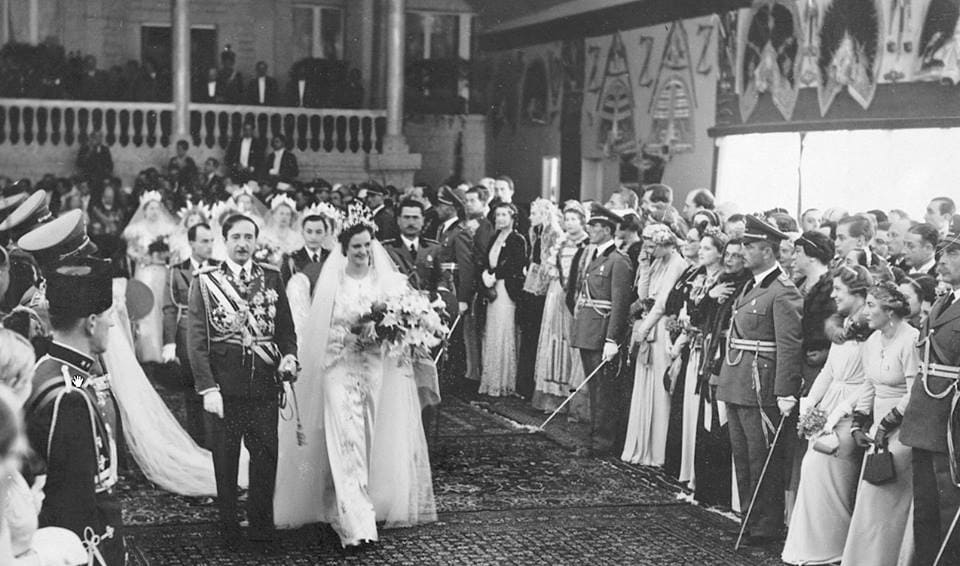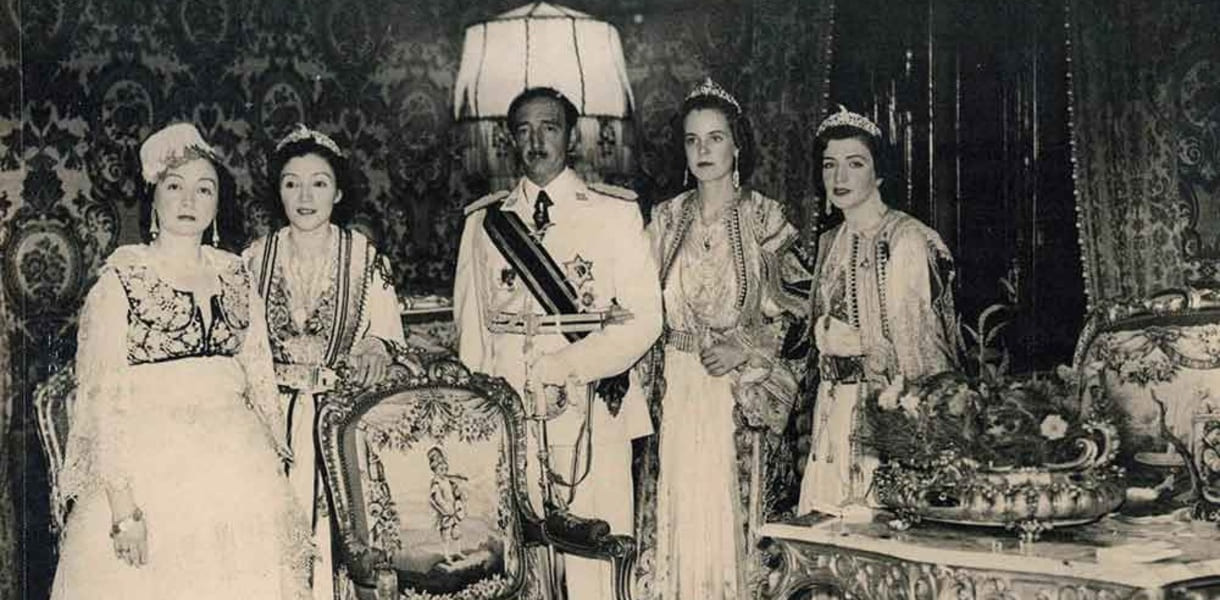Shortly after the defeat of Turkey by the Balkan allies, a conference of ambassadors of the Great Powers (Britain, Germany, Russia, Austria-Hungary, France, and Italy) convened in London in December 1912 to settle the outstanding issues raised by the conflict. With support given to the Albanians by Austria-Hungary and Italy, the conference agreed to create an independent state of Albania.
The Great Powers appointed a German prince, Wilhelm zu Wied, as ruler of Albania. Wilhelm arrived in Albania in March 1914, but his unfamiliarity with Albania and its problems, compounded by complications arising from the outbreak of World War I, led him to depart from Albania six months later. The war plunged the country into a new crisis, as the armies of Austria-Hungary, France, Italy, Greece, Montenegro, and Serbia invaded and occupied it.
A national congress, held in Lushnje in January 1920, laid the foundations of a new government. In December of that year Albania gained admission to the League of Nations, thereby winning for the first time international recognition as a sovereign nation and state.
At the start of the 1920s, Albanian society was divided by two apparently irreconcilable forces. One, made up mainly of deeply conservative landowning beys and tribal bajraktars who were tied to the Ottoman and feudal past, was led by Ahmed Bey Zogu, a chieftain from the Mat region of north-central Albania. The other, made up of liberal intellectuals, democratic politicians, and progressive merchants who looked to the West and wanted to modernize and Westernize Albania, was led by Fan S. Noli, an American-educated bishop of the Orthodox church.
Zogu began his 14-year reign in Albania--first as president (1925-28), then as King Zog I (1928-39)--in a country rife with political and social instability. On April 7, 1939, Italy invaded and shortly after occupied the country. King Zog fled the country.
After the World War II, Enver Hoxha, a college instructor who had led the resistance struggle of communist forces, became the leader of Albania. Albania now fell under the collective dictatorship of the Albanian Communist Party. The country became officially the People's Republic of Albania in 1946 and, in 1976, the People's Socialist Republic of Albania.

The new rulers inherited an Albania plagued by a host of ills: pervasive poverty, overwhelming illiteracy, blood feuds, epidemics of disease, and gross subjugation of women. With economic, political and military support from the Communist allies Yugoslavia (1944-48), the Soviet Union (1948-61), and China (1961-78), Albania benefited greatly, and was able to build the foundations of a modern industry and to introduce mechanization into agriculture.
As a result, for the first time in modern history, the Albanian populace began to emerge from age-old backwardness and, for a while, enjoyed a higher standard of living. Within four decades Albania had made respectable--in some cases historic--strides in the development of industry, agriculture, education, the arts, and culture. A notable achievement was the drainage of coastal swamplands--until then breeding grounds for malarial mosquitoes--and the reclamation of land for agricultural and industrial uses.
Political oppression, however, offset gains made on the material and cultural planes. Contrary to provisions in the constitution, during Hoxha's reign Albania was ruled, in effect, by the Directorate of State Security, known as the Sigurimi. To eliminate dissent, the government resorted periodically to purges, in which opponents were subjected to public criticism, dismissed from their jobs, imprisoned in forced-labour camps, or executed.
Travel abroad was forbidden to all but those on official business. In 1967 the religious establishment, which party leaders and other atheistic Albanians viewed as a backward medieval institution that hampered national unity and progress, was officially banned, and all Christian and Muslim houses of worship were closed.



